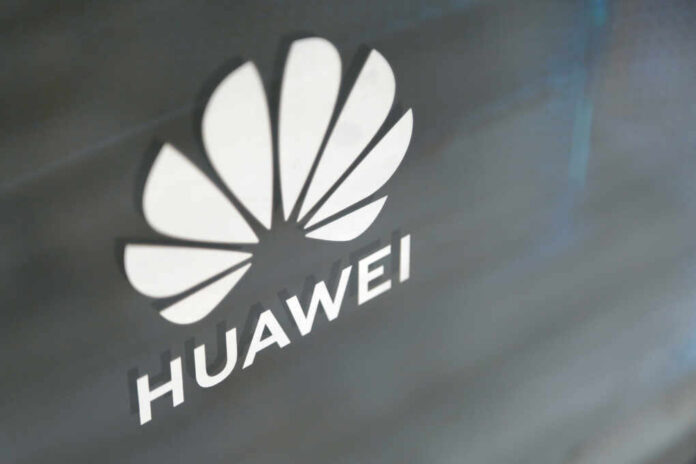
Huawei’s Pangu Pro MoE model faces serious allegations of code misappropriation, shaking the trust of investors and casting a shadow over China’s fiercely competitive AI sector.
At a Glance
- Allegations against Huawei’s AI model raise issues of ethical misconduct and transparency.
- Huawei’s Noah’s Ark Lab denies claims, emphasizing compliance with open-source licenses.
- The scandal questions Huawei’s narrative of “self-reliance” and innovation in China’s tech ecosystem.
- Competitors like NVIDIA and Alibaba gain ground through transparency and trust.
- Investors are encouraged to prioritize transparency and robust compliance frameworks.
Allegations That Challenge Integrity
Huawei’s Pangu Pro MoE model, a product of its acclaimed Noah’s Ark Lab, has been thrust into the limelight for all the wrong reasons. The model is alleged to have incorporated code chunks from Alibaba’s Qwen 2.5 without proper credit, a claim initially observed on GitHub. These allegations, if proven, could severely damage Huawei’s standing in the AI community by exposing vulnerabilities in reputational capital.
Watch a report: Could China Topple America’s AI Throne?
A group named HonestAGI pointed out these shortcomings and claimed “intrinsic fingerprints” within the model’s code, indicating potential misuse. Although Huawei quickly issued a statement asserting its compliance with open-source licenses and welcoming technical discussions, the internal pressures and reputational impact continue to hover like a dark cloud.
The Intricacies of AI Competition
Amidst this controversy, China’s AI sector is witnessing intense competition. Companies like NVIDIA and Alibaba have been setting benchmarks for transparency through their open-source collaborations. Their trust-centered innovation has increasingly become more crucial than sheer computational power or algorithms in the evolving AI landscape.
“Huawei said it fully complied with open-source licenses and welcomed technical discussion, not speculation.” – Huawei – finance.yahoo.com
Ironically, Huawei’s narrative of “self-reliance” in technology development is facing a crisis as this scandal unveils layers of ethical and technical trust issues. In stark contrast, competitors are dotting their i’s and crossing their t’s when it comes to ethical rigor and compliance. For Huawei, a cultural shift toward openness and transparency could be an urgent need to rebuild its credibility.
Implications for Investors
This unraveling situation with Huawei serves as a crucial indicator for global investors to prioritize companies demonstrating transparency, robust compliance, and open-source contributions. As the AI sector evolves, trust and reputational capital become indispensable for sustaining growth and innovation.
NVIDIA and Alibaba are prime examples of industry players adeptly positioning themselves with robust compliance frameworks, aligning their innovations with transparency and ethics. As Huawei grapples with its credibility crisis, the AI race now seeks more than technological prowess. It’s a matter of integrity, compliance, and the undeniable consequences when these are neglected.

























